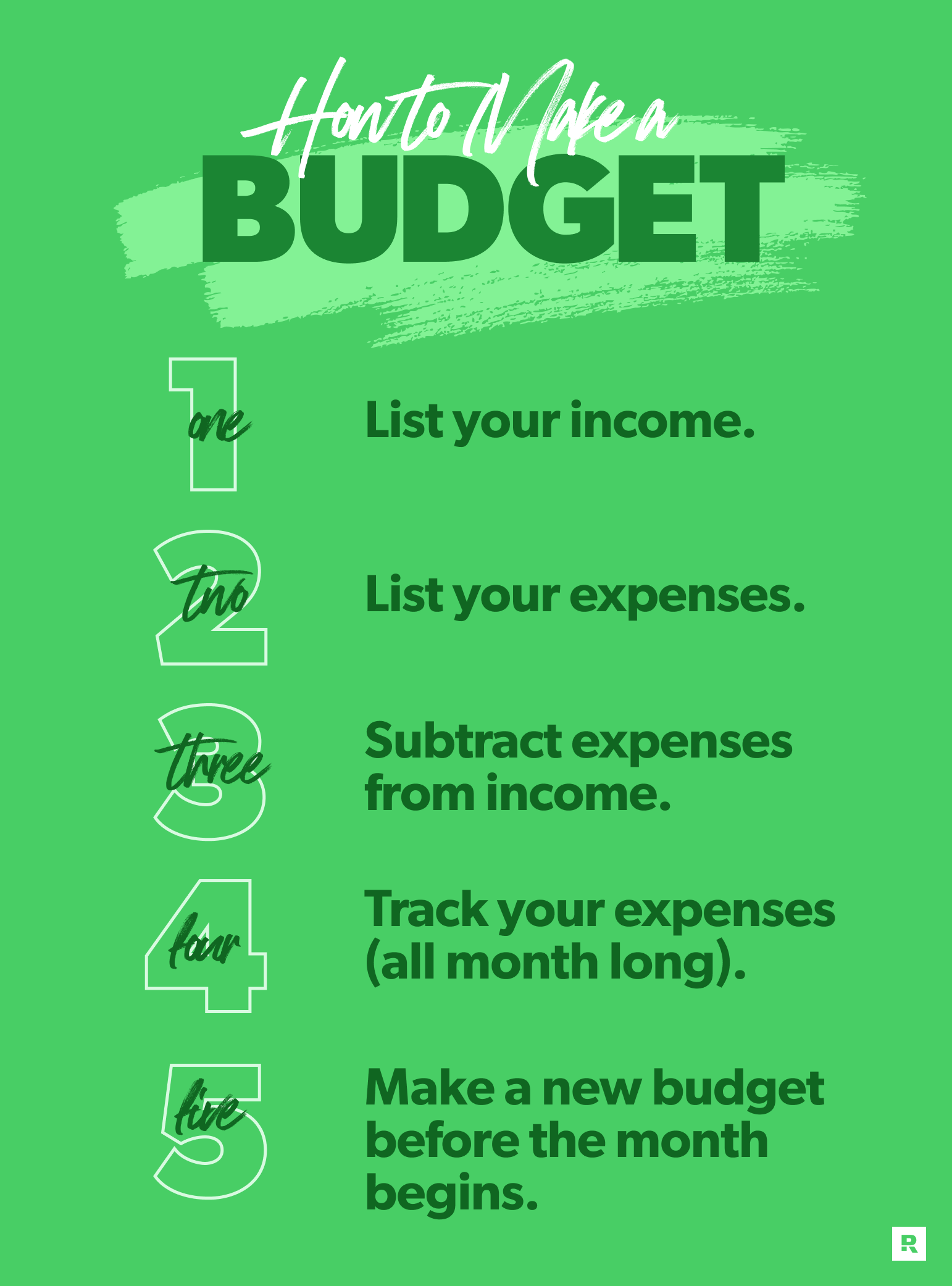As we navigate through life, one thing that constantly demands our attention is money. Whether it’s paying bills, buying groceries, or splurging on a well-deserved treat, our financial decisions impact our daily lives. However, it’s essential to strike a balance and ensure we’re putting aside some hard-earned cash for future goals and emergencies. That’s where budgeting comes into play—making a conscious effort to allocate our income wisely and save money. In this blog post, we’ll explore some simple yet effective budgeting tips that will help you achieve your financial goals without sacrificing all the fun.
1. Track Your Expenses: The first step on the path to effective budgeting is to understand where your money is going. Start by documenting all your expenses, no matter how small. Create a spreadsheet or use a budgeting app that allows you to categorize your expenses. This will give you a clear overview of how much you spend on different aspects of your life, such as groceries, entertainment, transportation, and more.
2. Set Realistic Goals: Saving money becomes easier when you have specific goals in mind. Whether you’re saving for a vacation, a down payment on a house, or building an emergency fund, setting realistic targets can help you stay motivated. Once you have a clear goal, break it down into smaller milestones and create a timeline to achieve them. This approach will help you monitor your progress and keep you focused on your ultimate objective.
3. Create a Budget Plan: Now that you have a holistic view of your expenses and a set of goals, it’s time to create a budget. Start by categorizing your income and expenditures. Allocate an appropriate portion for essential expenses, such as rent/mortgage, utilities, and groceries. Don’t forget to set aside money for debt payments if you have any. Once you’ve accounted for your necessary expenses, determine how much you can allocate towards your savings goals or discretionary spending. Remember, it’s crucial to strike a balance between enjoying the present and planning for the future.
4. Cut Back on Unnecessary Expenses: A significant aspect of budgeting is identifying areas where you can cut back on expenses. This doesn’t mean giving up all the things you enjoy; it means finding alternative ways to save. For example, instead of eating out every day, opt for cooking at home a few more times a week. Evaluate your subscriptions and memberships—cancel those that you no longer use or find ways to reduce their costs. Dining out, entertainment, and shopping can all be areas where small adjustments can lead to substantial savings.
5. Prioritize Saving: Saving money should be a non-negotiable part of your budget plan. Treat it as an expense and ensure a portion of your income goes directly into your savings account. Consider automating your savings by setting up automatic transfers from your checking account to your savings account. This way, your savings grow consistently without relying on your willpower to transfer the funds.
6. Shop Smart: When it comes to saving money, shopping wisely is key. Take advantage of sales, discounts, and promotions. Compare prices before making any purchase, especially for larger items. Consider buying second-hand or pre-loved items, which not only saves you money but also contributes to reducing waste and helping the environment. Remember, making conscious purchasing decisions is crucial in saving money and avoiding unnecessary debt.
7. Find Ways to Boost Your Income: While managing expenses is essential, another way to improve your financial situation is by increasing your income. Look for side hustles or part-time jobs that align with your skills and interests. Consider offering freelancing services, tutoring, or selling handmade goods online. The extra income can go a long way in boosting your savings or paying off debts faster.
8. Beware of Impulse Buying: Impulse buying can wreak havoc on your budget. Before making any purchase, take a step back and ask yourself if it’s a necessity or a spontaneous desire. Implement a cooling-off period where you give yourself a day or two to think before making non-essential purchases. This practice will help you distinguish between impulsive wants and genuine needs, ultimately saving you money in the long run.
9. Build an Emergency Fund: Life is full of uncertainties, and having an emergency fund is vital for financial stability. Set aside a portion of your income specifically for emergencies. Aim to save at least three to six months’ worth of living expenses. Having this safety net will provide peace of mind and prevent you from dipping into debt when unexpected expenses arise.
10. Review and Adjust Regularly: Lastly, regularly review your budget and make adjustments as needed. Life circumstances change, and your financial goals may evolve over time. Ensure you regularly assess your budget to align it with your current situation. Keep track of your progress, celebrate milestones, and don’t be afraid to modify your budget plan if necessary.
In conclusion, budgeting doesn’t have to be overwhelming; it can be an empowering tool to take control of your finances and achieve your financial goals. By following these simple yet effective tips, you can make significant progress toward building a secure financial future without compromising on the things that bring you joy. Remember, budgeting is a journey, and each step you take brings you closer to financial freedom.




